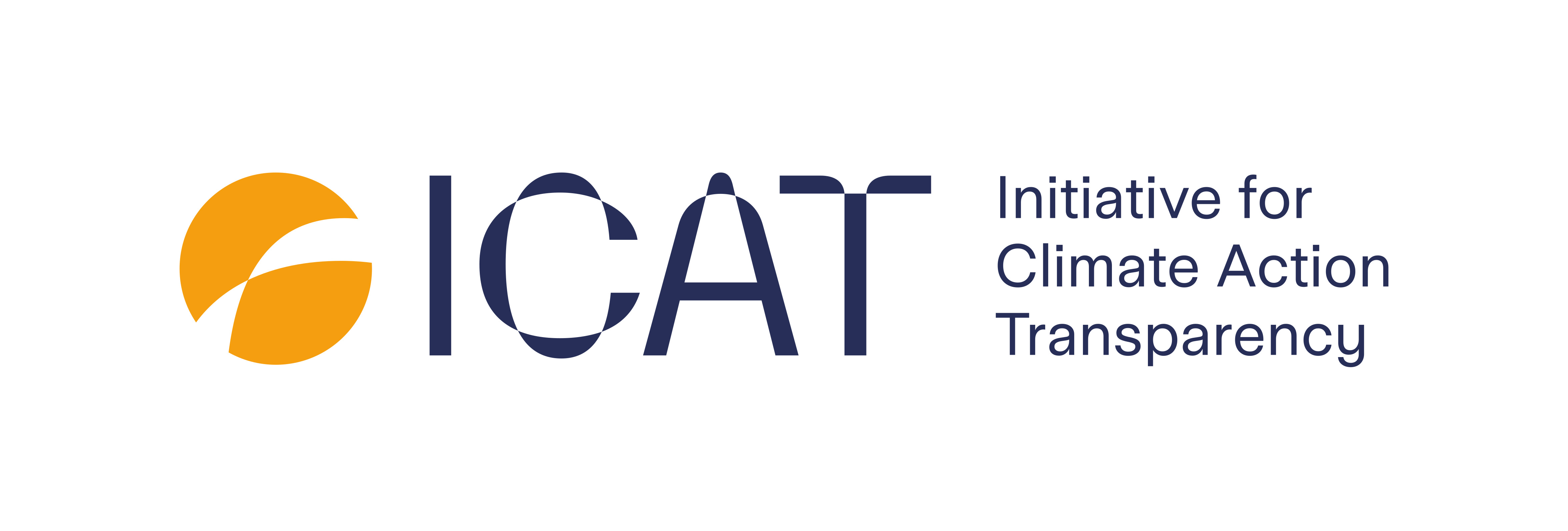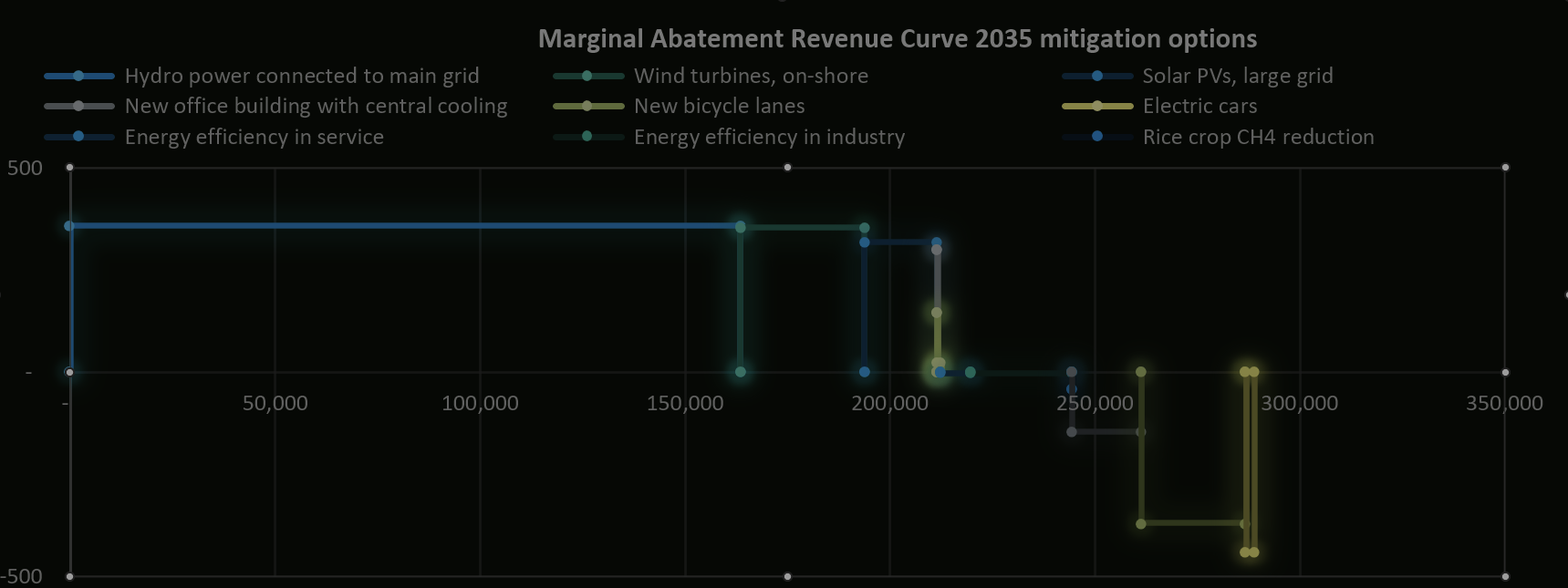Measuring and tracking the impacts of planned climate actions, and managing related finance flows is vital for successful climate action.
This is also the case for Ethiopia, where the country is now, after implementing an ICAT project, better placed to estimate the emission reduction potential of possible mitigation actions and their related costs, and establish a tracking framework to see the realized reductions of implemented policies.
Additionally, Ethiopia is armed to manage and track its engagement under Article 6 of the Paris Agreement.
With support from the Initiative for Climate Action Transparency (ICAT), Ethiopia has received capacity-building training focused on the use of the new version of the Greenhouse gas Abatement Cost Model (GACMO) for evaluating mitigation policies and developing tracking frameworks for its updated NDCs.
An additional element of the project was to prepare Ethiopia to be able to collaborate in cooperative approaches under Article 6 of the Paris Agreement, for financing increased climate ambitions. As such, the project included capacity building training focused on Article 6 implementation.
Through this ICAT project, under the leadership of the Ethiopian Ministry of Planning and Development, the UNEP Copenhagen Climate Centre and the Italian Institute for Environmental Protection and Research (ISPRA) facilitated two key support activities: the application of GACMO, and capacity building on measurement, reporting and verification (MRV) related to Article 6 participation. Global Environmental Solution, a consulting firm based in Addis Ababa, was recruited to facilitate the support delivery in Ethiopia.
Applying knowledge in the national context
UNEP Copenhagen Climate Centre and ISPRA delivered three capacity building workshops for Ethiopian experts working on emissions MRV, Article 6 MRV and GACMO. This also included building capacity of the national team in preparing four technical reports on applying the knowledge in the Ethiopian national context.
In March, a validation workshop was convened to gather stakeholders’ feedback on the four technical reports and on applying the knowledge in Ethiopia. Participants represented various sectors, including water and energy, transport and logistics, agriculture, and industry.
Experts from Ethiopia, alongside ICAT, UNEP Copenhagen Climate Centre, and ISPRA representatives, engaged in online discussions to ensure alignment with sector perspectives and interests.
The trainings, key technical documents and the validation workshop mark a significant step forward for climate action and climate transparency in Ethiopia, reinforcing the country’s commitment to implementing effective mitigation policies and achieving its climate targets.






